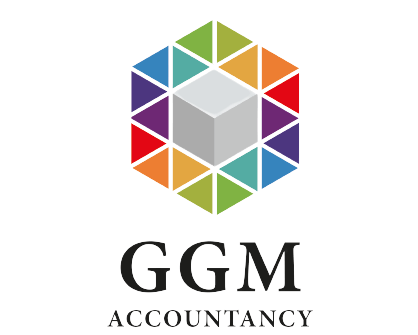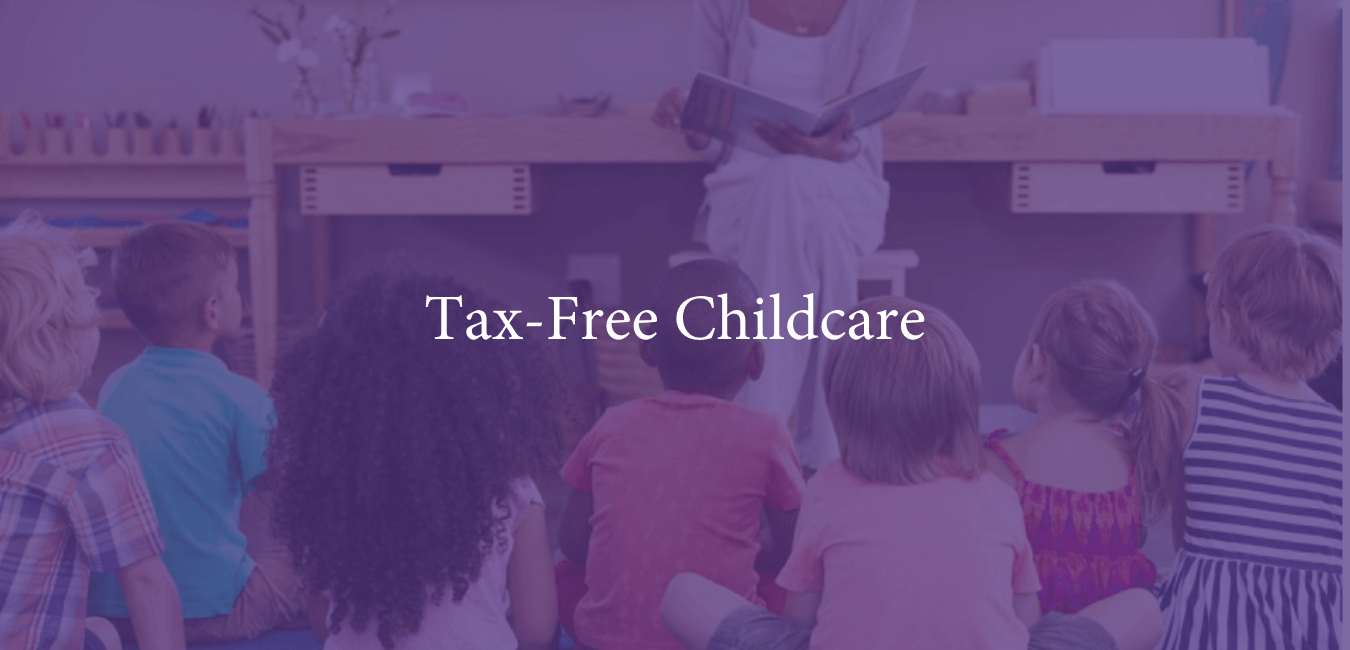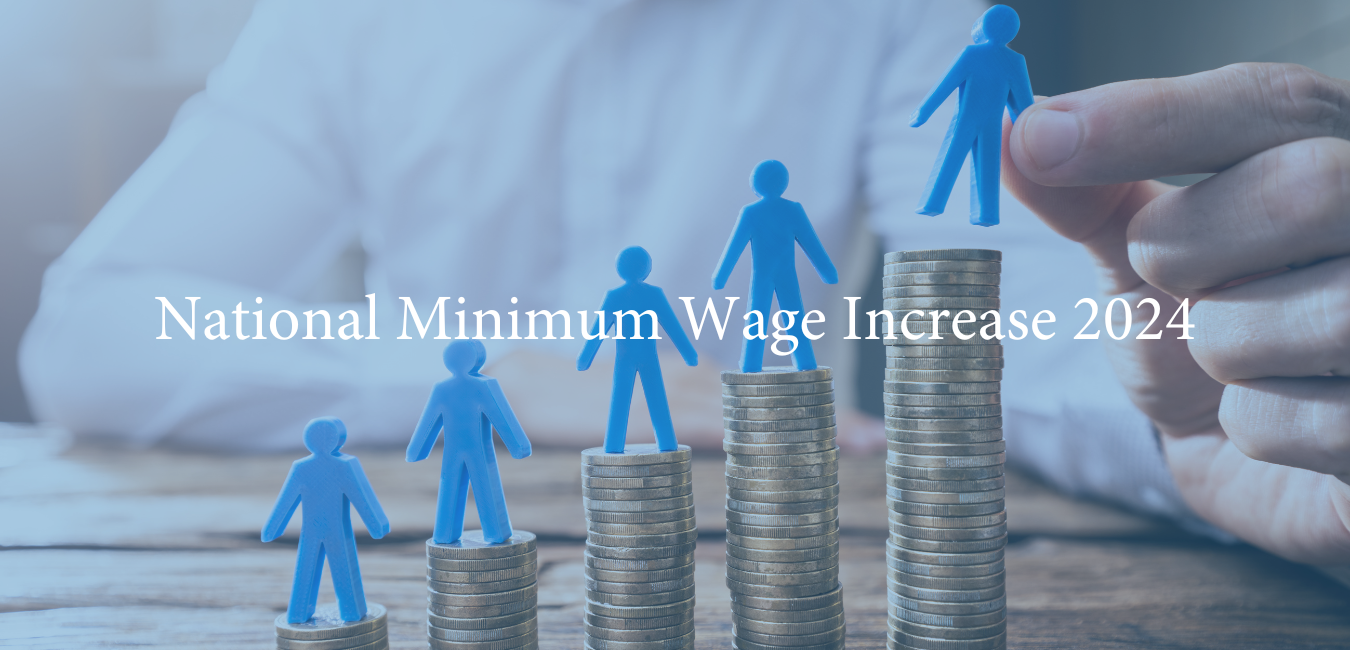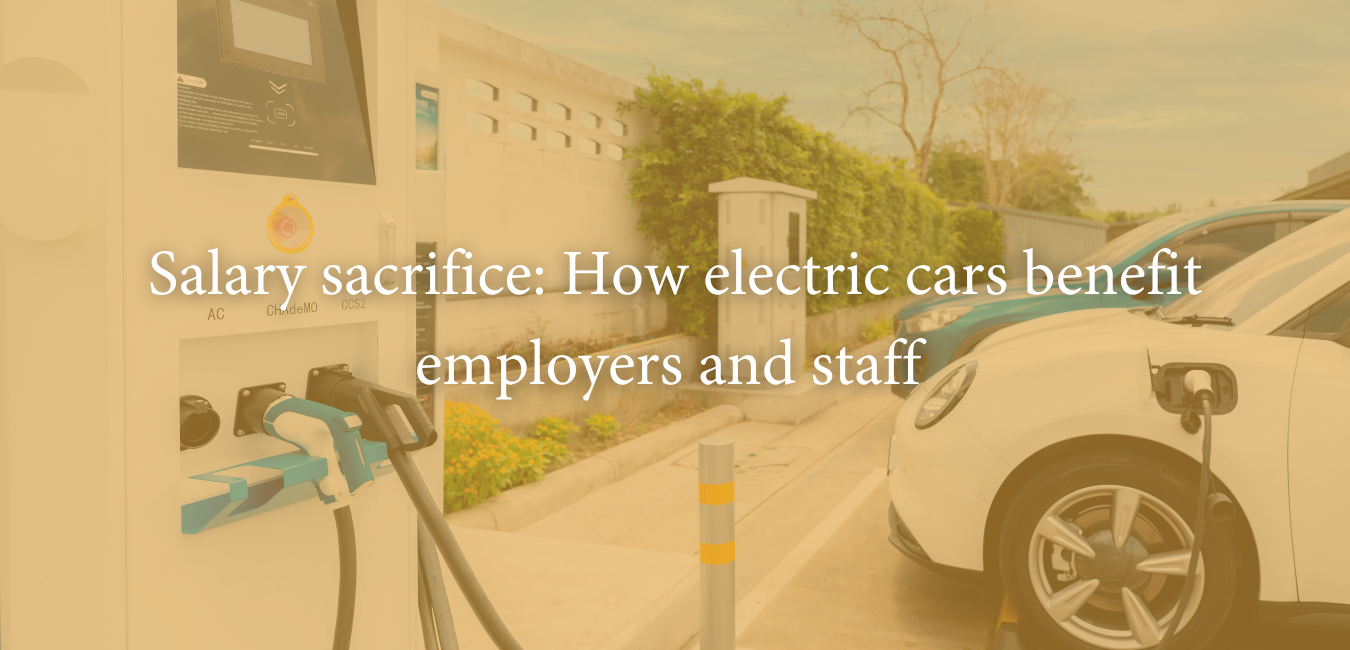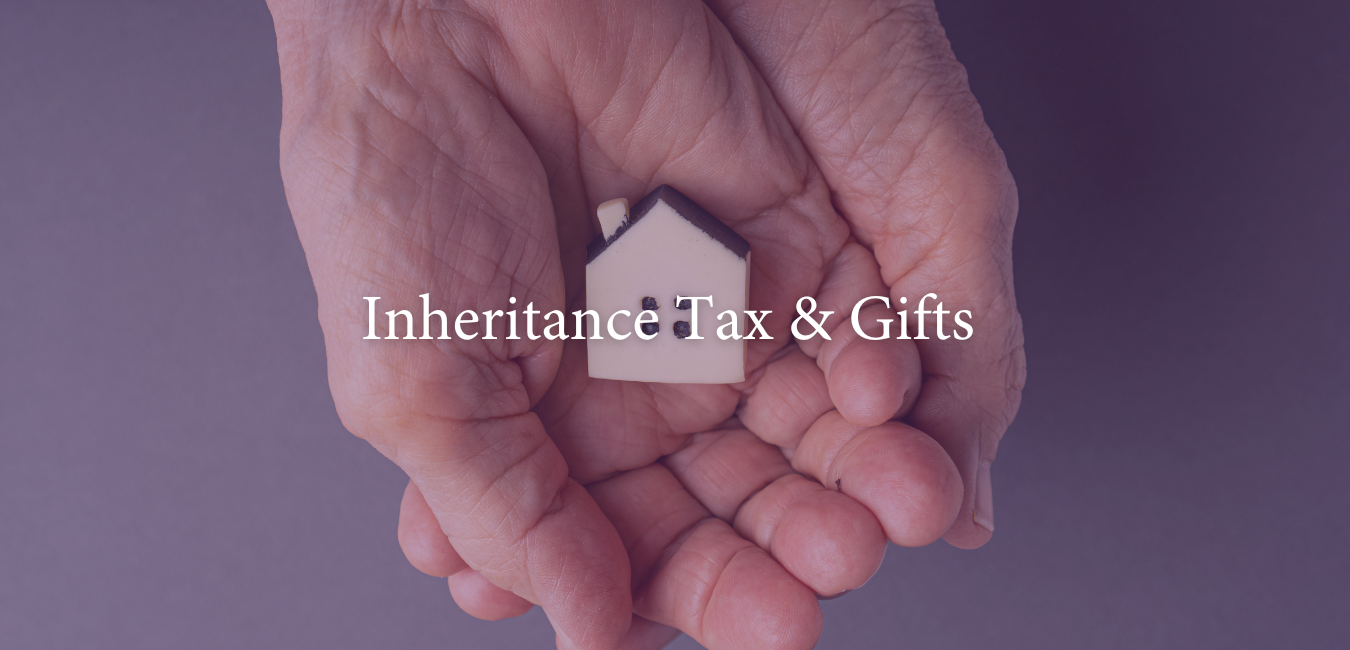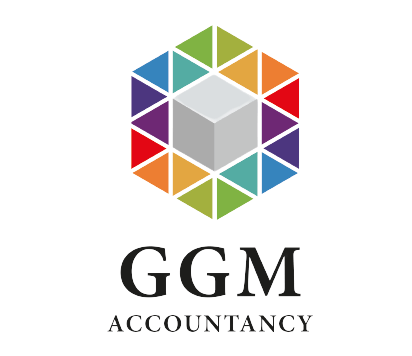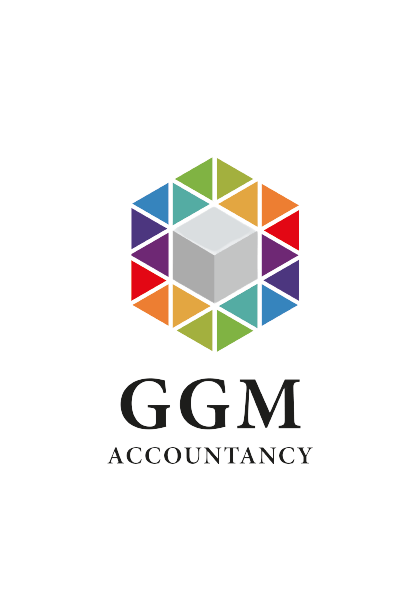Tax-Free Childcare
Tax-free childcare - the 20% top-up for working parents - provides up to £500 every three months (or £1,000 if your child is disabled) towards holiday clubs, before and after-school programs, childminders, nurseries, and other approved childcare arrangements.
In September 2021, there were about 316,000 working families that utilised Tax-Free Childcare in the United Kingdom, receiving a portion of £35 million in government top-up payments to help pay for their childcare.
Families with children aged up to 11 (or 17 for those with a disability) can receive tax-free childcare. For each £8 put into an account, the government will add another £2 in top-up money. Children are eligible up until September 1st, after their 11th birthday. Adopted children are included, but foster children are not.
This is just one of several ways in which the government is assisting families in retaining more of what they earn.
What Can You Use Tax-Free Childcare for?
You can use tax-free childcare to pay for approved childcare, including childminders, nurseries, nannies, after school clubs and play schemes. All approved childcare providers must be part of the Tax-Free Childcare program.
If Your Child is Disabled
You may be eligible for up to £4,000 a year for your child if they are disabled until they reach the age of 17. They are eligible if they meet any one of the following criteria:
- Get Disability Living Allowance, Personal Independence Payment, Armed Forces Independence Payment or Child Disability Payment (Scotland only)
- Are certified as blind or severely sight-impaired
You can use the extra Tax-Free Childcare money to cover additional hours of childcare. It can also be used to pay for your child’s day-care so that they can have access to specialised equipment, such as mobility aids. You should discuss with your provider about the equipment that your child might benefit from.
Who is Eligible?
Your eligibility for tax-free childcare depends on the following factors:
- Your employment status
- You and your partner's income
- The age of your child and the circumstances
- Your immigration status
You may receive tax-free childcare if you and your partner (if you have one) are in work, on sick or annual leave, on shared parental leave, or on maternity or paternity leave.
If you are not currently in work, you can still be eligible if your partner is working, and you qualify for Incapacity Benefit, Severe Disablement Allowance, Carer's Allowance, or contribution-based Employment and Support Allowance.
You can also be eligible if you're beginning work within the next 31 days.
Your Income
You'll need to anticipate earning at least the National Minimum Wage or Living Wage for 16 hours per week on average in the next three months (for example, you expect to make at least £1,853.28 in the next three months - which is the National Living Wage for people over 23 years old).
If you have a partner, they will need to anticipate earning at least this much as well. If you're self-employed and don't think you'll make enough money in the next three months to qualify, you can use an average of how much you expect to earn throughout the current tax year.
If you're self-employed and have less than 12 months of experience operating your own business, the earnings limit does not apply.
Tax-Free Childcare Application
Tax-free childcare is not available at the same time as Working Tax Credit, Child Tax Credit, Universal Credit, or childcare vouchers.
If you apply for Tax-Free Childcare and someone else receives 30 hours of free childcare for the same child, their 30 hours will come to an end at the conclusion of the next term.
You must include your partner in your application if you're married, in a civil partnership or living together.
If you and your ex-partner are caring for the same child, you must choose who will apply for the Tax-Free Childcare. If you can't decide, each of you must submit your own, and HMRC will decide who gets the childcare account.
Menu
Get In Touch
Tel: 01733 247500
Email: admin@ggmaccountancy.co.uk
Office: Unit 12, Broadway Shopping Centre
Malting Square, Yaxley, Peterborough
PE7 3JJ
Sign Up To Our Newsletter
Contact Us
We will get back to you as soon as possible
Please try again later
Proud Partners Of
Menu
Get In Touch
Tel: 01733 247500
Email: admin@ggmaccountancy.co.uk
Office: 42 Tyndall Court, Commerce Road
Lynch Wood, Peterborough, PE2 6LR
Follow Us On Social Media
Sign Up To Our Newsletter
Contact Us
We will get back to you as soon as possible
Please try again later
All Rights Reserved | GGM Accountancy Ltd | Website designed by Onelink Media
